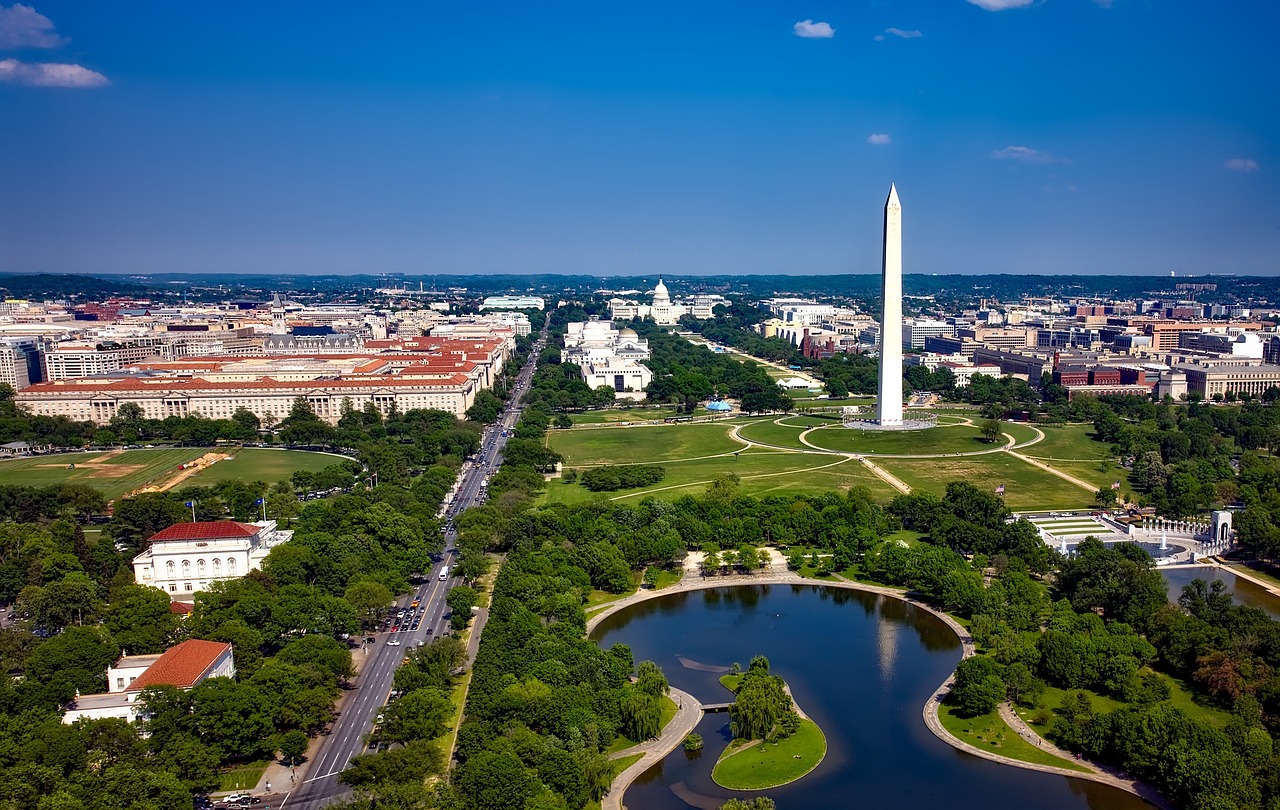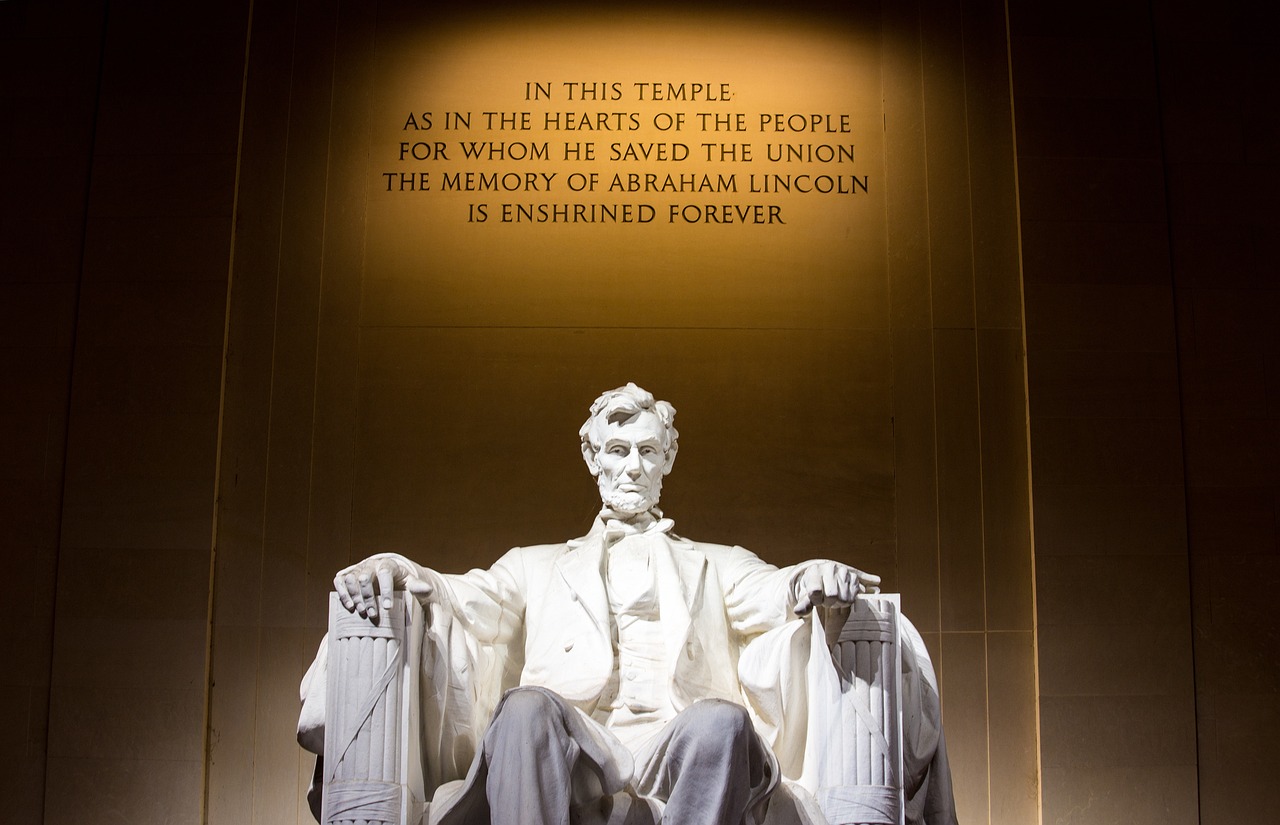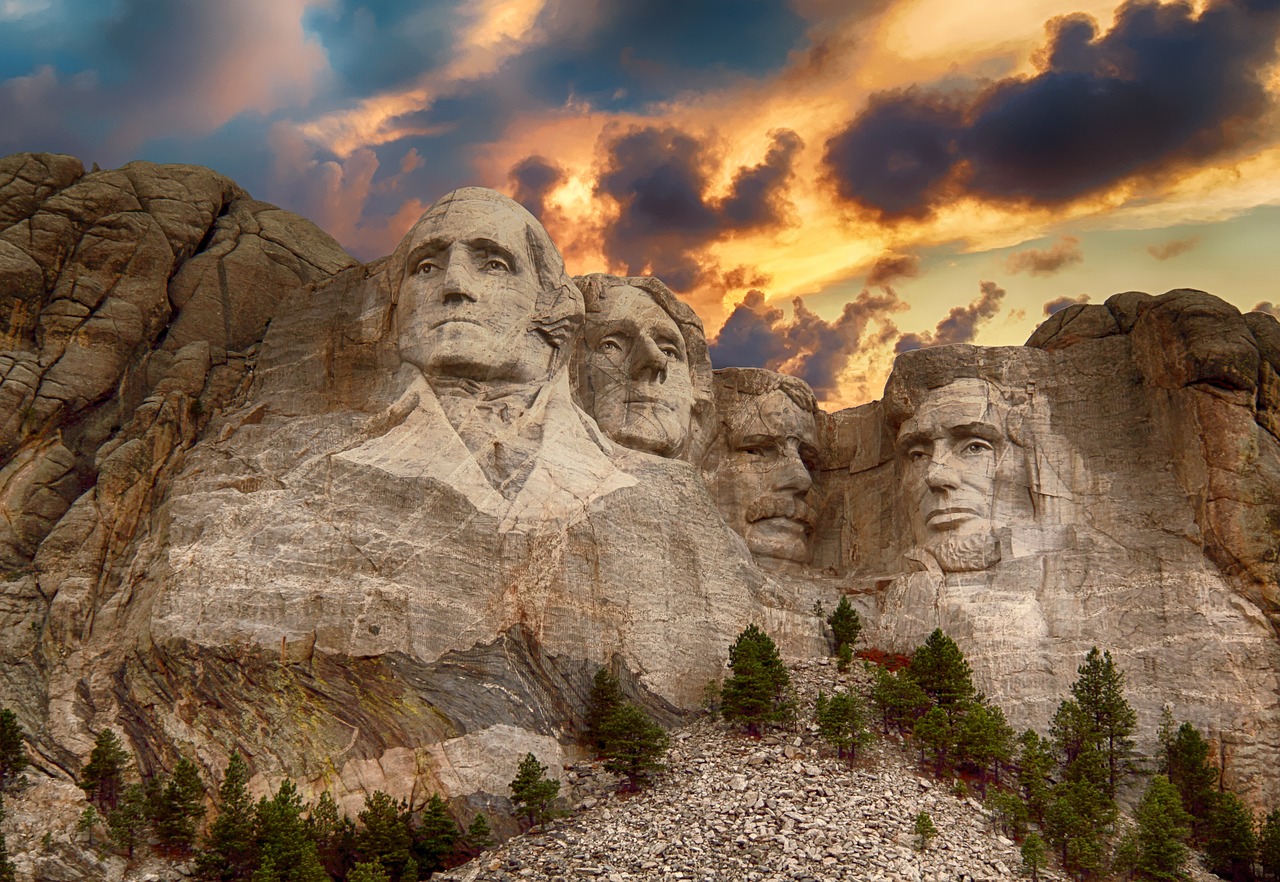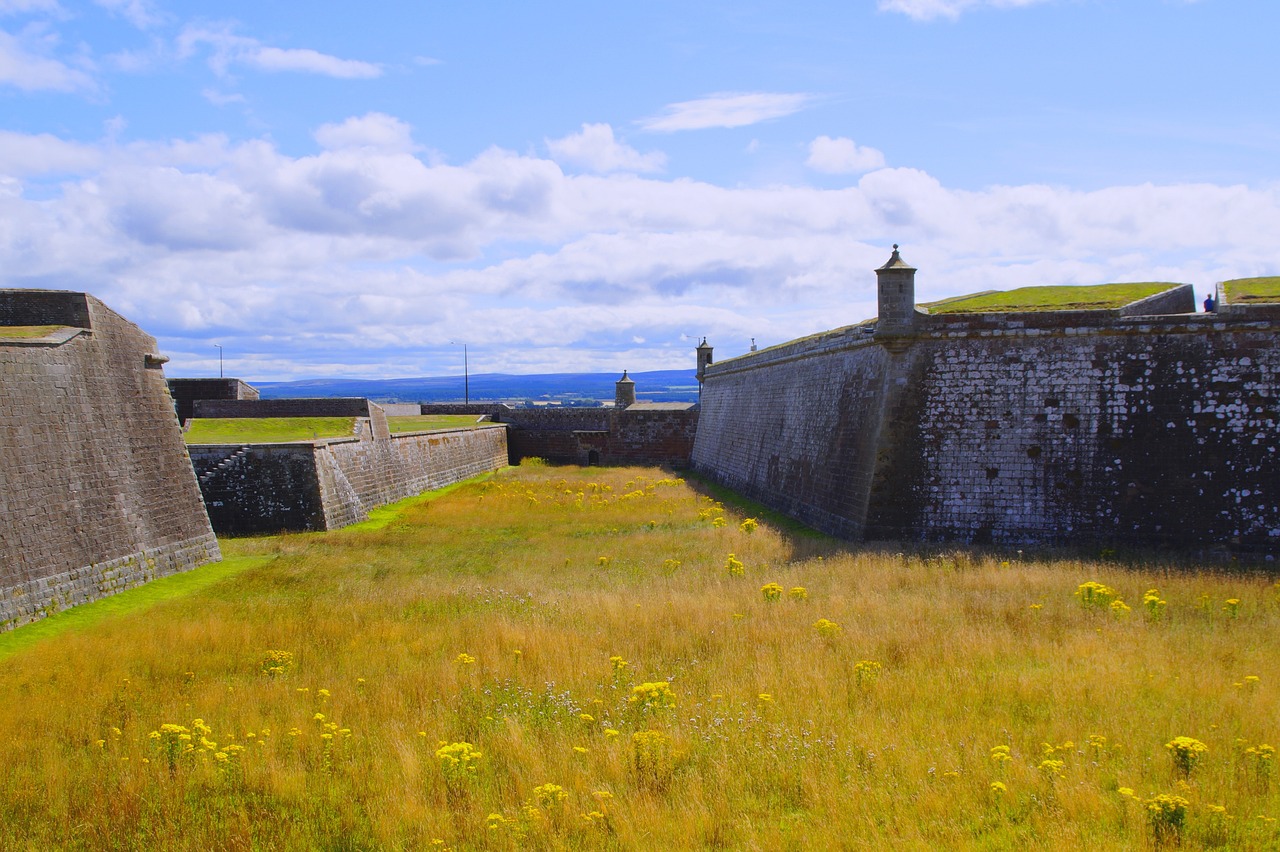George Washington: The Father of His Country
George Washington, often hailed as the "Father of His Country," holds a revered place in American history for his pivotal role in shaping the nation's foundation. Born in 1732 in Westmoreland County, Virginia, Washington's early life was marked by modest beginnings and a strong sense of duty. His military career began with service in the Virginia militia, where his leadership skills quickly emerged, setting the stage for his future accomplishments.
During the American Revolutionary War, Washington's strategic brilliance and unwavering commitment to the cause of independence earned him the respect and admiration of his fellow patriots. From the iconic crossing of the Delaware River to the decisive victory at Yorktown, Washington's leadership was instrumental in securing America's freedom from British rule.
Transitioning from the battlefield to the political arena, Washington played a crucial role in the Constitutional Convention of 1787, where he was elected as the presiding officer. His presidency, spanning two terms from 1789 to 1797, laid the groundwork for the fledgling nation, establishing precedents that would shape the office for generations to come.
As President, Washington faced numerous challenges, from the establishment of a functional federal government to quelling domestic unrest like the Whiskey Rebellion. His adept handling of these issues showcased his leadership and commitment to upholding the rule of law, setting a standard for future administrations to follow.
On the international stage, Washington's policy of neutrality in foreign affairs set a precedent for American diplomacy, guiding the nation through turbulent times. His Farewell Address, delivered at the end of his presidency, emphasized the importance of unity and warned against the dangers of political factionalism and foreign entanglements.
Retiring to his beloved Mount Vernon after serving as President, Washington devoted his remaining years to his family and personal pursuits. His legacy, however, extended far beyond his lifetime, leaving an indelible mark on American politics and society that endures to this day.

Early Life and Military Career
George Washington, the first President of the United States, holds a revered position in American history as the founding father of the nation. His life and legacy are marked by remarkable leadership, unwavering dedication, and pivotal contributions to shaping the young country.
George Washington's journey towards becoming a pivotal figure in American history began in his early years. Born in 1732 in Westmoreland County, Virginia, Washington grew up in a family of modest means. Despite his limited formal education, he displayed a keen interest in military affairs and surveying, skills that would later shape his destiny.
Washington's military career took root during the French and Indian War, where he showcased his leadership abilities and strategic acumen. His pivotal role in the conflict earned him recognition and laid the foundation for his future exploits in the American Revolutionary War.
As tensions escalated between the American colonies and the British Crown, Washington emerged as a prominent figure in the revolutionary movement. His appointment as Commander-in-Chief of the Continental Army solidified his position as a central figure in the fight for independence.
Throughout the Revolutionary War, Washington displayed exceptional leadership, resilience, and tactical prowess, guiding the fledgling nation to victory against the formidable British forces. His famous crossing of the Delaware River and the subsequent victory at the Battle of Trenton are etched in the annals of American history as symbols of his military acumen.
Washington's military career culminated in the surrender of the British at Yorktown, a decisive moment that secured America's independence and cemented his legacy as a revered hero of the revolution.
His exemplary service and dedication to the cause of liberty earned him the admiration and respect of his fellow countrymen, paving the way for his future endeavors in shaping the nation's destiny.

Political Career and Presidency
George Washington's political career and presidency marked a pivotal era in American history, solidifying his status as a founding father and a visionary leader. Washington's journey from a military hero to the first President of the United States was filled with challenges and triumphs that shaped the nation's early years.
During the Constitutional Convention, Washington played a crucial role in shaping the framework of the new government. His leadership and diplomatic skills were instrumental in uniting the states under a common vision, laying the foundation for the future success of the country.
As President, Washington faced numerous challenges, including establishing the precedents that would define the office for generations to come. His commitment to upholding the rule of law and fostering a sense of national unity set him apart as a leader of exceptional caliber.
One of Washington's key achievements during his presidency was the establishment of the federal government's structure and functions. By navigating the complexities of governance and setting clear boundaries for executive authority, he set a standard for future administrations to follow.
Additionally, Washington's handling of the Whiskey Rebellion demonstrated his resolve in upholding the federal government's authority and maintaining law and order. His decisive actions in quelling the rebellion underscored his commitment to preserving the young nation's stability and integrity.
Throughout his political career and presidency, Washington's unwavering dedication to the principles of democracy and governance left an indelible mark on American history. His legacy as the "Father of His Country" continues to inspire generations of leaders and citizens alike.

Presidential Achievements
George Washington's presidential achievements stand as a cornerstone in American history, shaping the young nation's path forward with wisdom and foresight. One of his most notable achievements was establishing the precedent of a two-term presidency, a tradition followed by all his successors until Franklin D. Roosevelt. Washington's leadership in creating a stable and effective federal government set the stage for the country's growth and prosperity. His decision to appoint talented individuals, like Alexander Hamilton and Thomas Jefferson, to key positions in his administration showcased his commitment to building a diverse and capable government.
Furthermore, Washington's handling of the Whiskey Rebellion demonstrated his firm stance on upholding the rule of law and the federal government's authority. By dispatching troops to quell the rebellion, he sent a clear message that challenges to the government's power would not be tolerated. This decisive action helped establish the supremacy of the federal government and reinforced the importance of maintaining order within the young nation.
In the realm of foreign policy, Washington navigated the complexities of international relations with skill and prudence. His policy of neutrality during the French Revolutionary Wars showcased his commitment to protecting American interests and avoiding entanglements in foreign conflicts. By issuing the Neutrality Proclamation in 1793, Washington asserted the young nation's independence and set a precedent for future presidents to carefully consider the implications of foreign alliances.

Domestic Policies and Challenges
When delving into George Washington's domestic policies and challenges, one cannot overlook the pivotal role he played in establishing the federal government of the United States. Washington faced numerous challenges as he navigated the uncharted waters of a newly formed nation, setting the groundwork for future leaders to build upon.
One of Washington's primary domestic challenges was the Whiskey Rebellion, a significant uprising in the western frontier against the newly established federal government's whiskey tax. This rebellion tested Washington's leadership and the authority of the federal government, ultimately demonstrating the power and necessity of a strong central authority.
Washington's administration also focused on economic policies aimed at strengthening the young nation's financial stability. He worked closely with Alexander Hamilton, the Secretary of the Treasury, to implement key economic measures, including the establishment of a national bank and the assumption of state debts. These policies laid the foundation for a robust financial system that would support the country's growth and development.
Furthermore, Washington's administration grappled with the issue of establishing a functioning government structure that could effectively govern a diverse and expanding nation. Through his leadership, Washington emphasized the importance of unity and compromise, setting the tone for future administrations to work towards a common goal despite differing ideologies and interests.
In addressing domestic challenges, Washington also focused on the importance of maintaining a balance between state and federal powers. He sought to establish a strong federal government while respecting the sovereignty of individual states, a delicate balance that continues to shape the American political landscape to this day.
Overall, George Washington's domestic policies and challenges underscored his commitment to laying a solid foundation for the young nation, navigating through turbulent times with wisdom and foresight. His legacy in shaping the domestic landscape of the United States remains a testament to his enduring impact on American history.

Foreign Relations and Legacy
George Washington's approach to foreign relations played a crucial role in shaping the early foundation of the United States. As the first President, Washington prioritized neutrality and non-intervention in foreign conflicts, setting a precedent that would guide American foreign policy for years to come. His decision to avoid entangling alliances allowed the young nation to focus on its internal development and avoid being drawn into the conflicts of European powers.
Washington's stance on neutrality was exemplified during the French Revolutionary Wars when he issued the Proclamation of Neutrality in 1793, asserting the United States' position of non-involvement in the conflict between France and Great Britain. This declaration not only preserved American interests but also helped establish the principle of neutrality as a cornerstone of U.S. foreign policy.
Furthermore, Washington's emphasis on diplomacy and trade paved the way for future diplomatic relations with other nations. His administration negotiated treaties with Native American tribes, Spain, and Britain, securing territorial boundaries and trade agreements that benefited the young nation. These diplomatic efforts laid the groundwork for the expansion and prosperity of the United States in the years to come.
Washington's legacy in foreign relations extends beyond his presidency, as his strategic vision and principled approach continue to influence American foreign policy today. His commitment to neutrality, diplomacy, and national interest set a standard for future leaders to follow, emphasizing the importance of maintaining a balance between global engagement and protecting the sovereignty of the nation.

